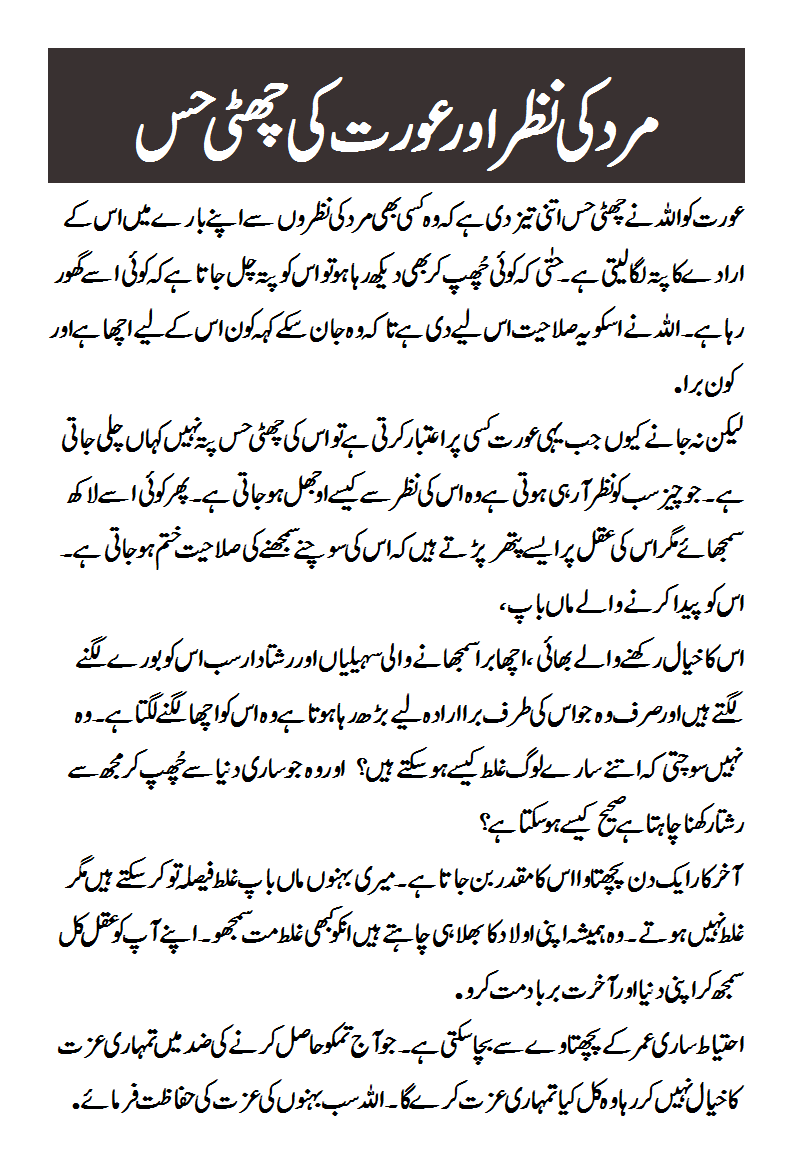It is an arduous task to read the entire article, here are my two cents on some issues raised. On the lawfulness of Sea Animals, dead or alive, there is a clear quranic injunction that they are halaal.The other issue is about prohibition of blood. This too has been qualified by quran as the ‘flowing blood’.
In both above matters the narration reported from the Prophet can be considered as what this general prohibition and permission mean.
For those who say that Salah is not
detailed in quran and that the one already was in practice shall be followed will have to prove how what was being done in a salah. And it is ironic that they are willing to extract something from
the era of Ibrahim but not willing to follow what is the invariable practice of Salah. Earliest people, for instance in India, came to Kerala. And people in Kerala offer salah as many times as any of us and exactly same way (now don’t catch my word ‘exact’).
The people who say that everybody should read and understand quran go against the quran which clearly instructs the prophets to teach. With a book, you need a teacher. Only few extremely talented can say tehy don’t need a teacher. The Prophet is a teacher.
The correct attitude is not to discard the whole reports in the books from scholars but to sort good from bad and while doing so one must not be biased and pick, as has been stated by many in the discussion in this thread, but to discern.
